#renelde dupont
Explore tagged Tumblr posts
Photo

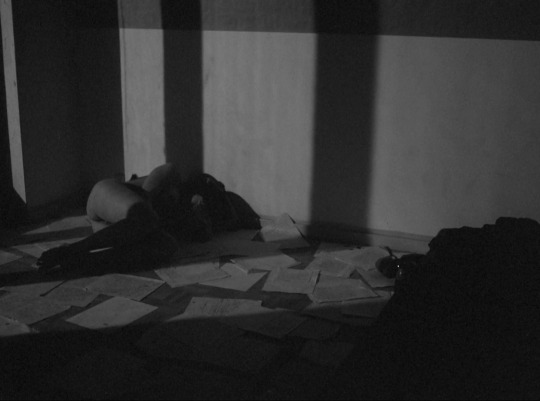
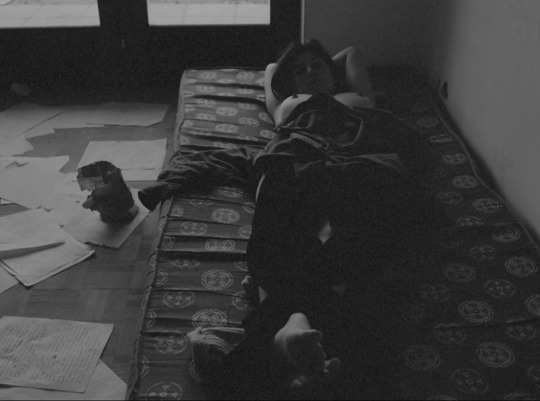
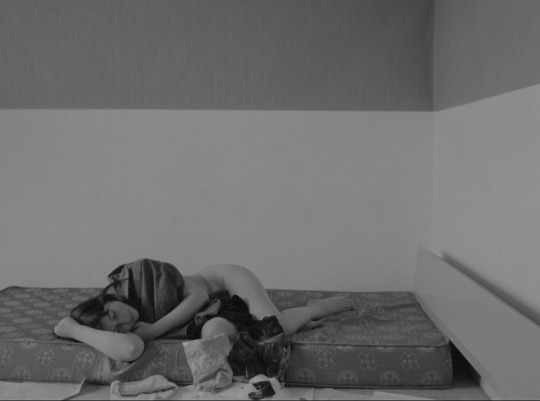
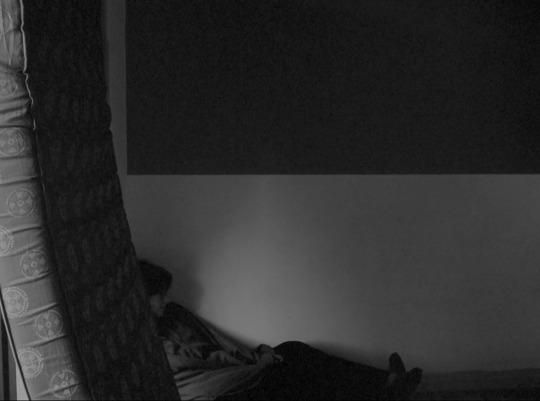

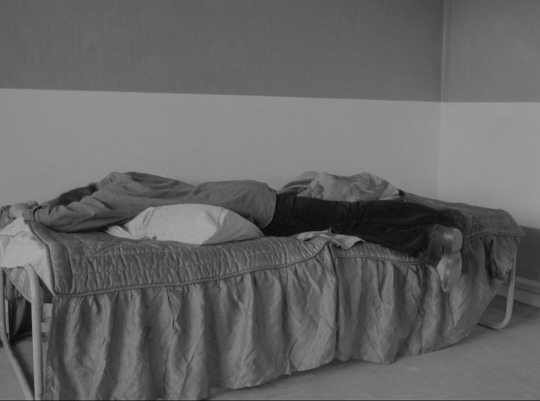
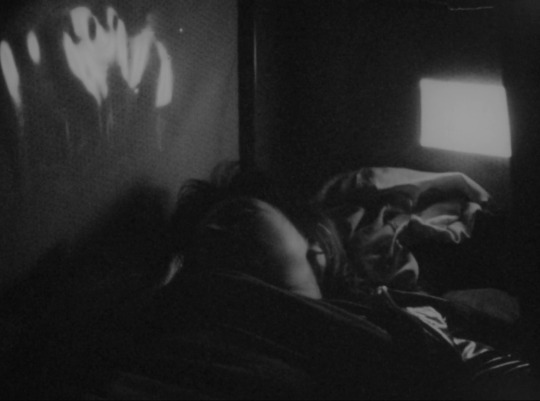
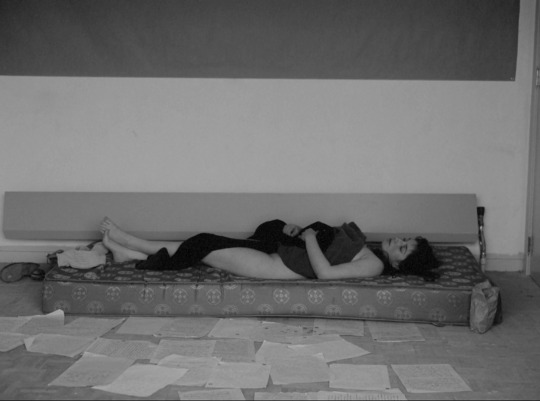

Je tu il elle (Chantal Akerman, 1976).
#je tu il elle#je tu il elle (1976)#chantal akerman#bénédicte delesalle#renelde dupont#charlotte szlovak#luc fréché#geneviève luciani
522 notes
·
View notes
Photo
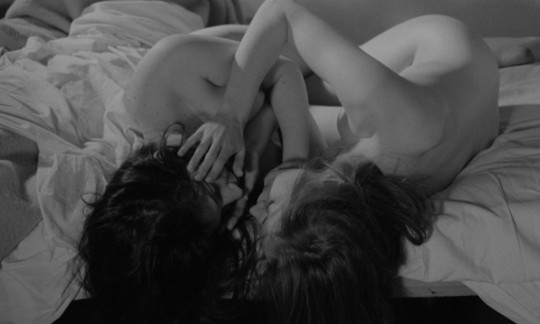
I waited some more for it to pass or for something to happen.
Je, tu, il, elle, Chantal Akerman (1974)
#Chantal Akerman#Eric De Kuyper#Paul Paquay#Niels Arestrup#Claire Wauthion#Bénédicte Delesalle#Renelde Dupont#Charlotte Szlovak#Luc Fréché#Geneviève Luciani#1974#woman director
8 notes
·
View notes
Photo
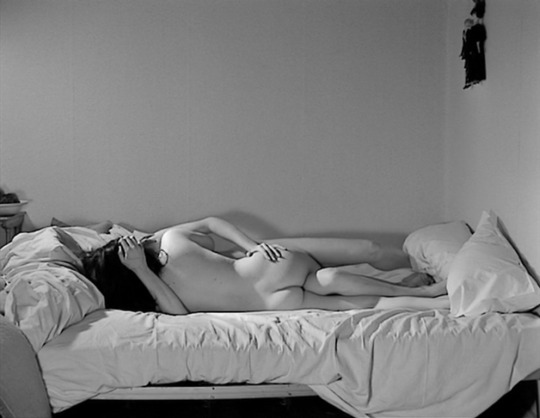
Je, tu, il, elle / Un camionneur se passe la main sur la nuque et ça fait quelque chose.
#Cinéma#Je tu il elle#Chantal Akerman#Bénédicte Dellesalle#Renelde Dupont#Charlotte Szlovak#1974#Niels Arestrup#Claire Wauthion
101 notes
·
View notes
Photo
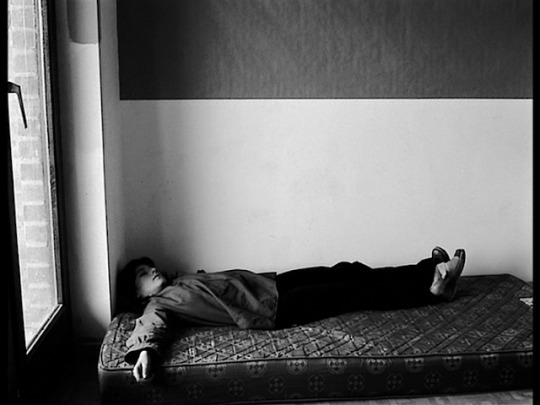
Chantal Akerman in Je Tu Il Elle (Chantal Akerman, 1974)
Cast: Chantal Akerman, Niels Arestrup, Claire Wauthion. Screenplay: Chantal Akerman, Eric De Kuyper, Paul Paquay. Cinematography: Bénédict Delesalle, Renelde Dupont, Charlotte Szlovak. Film editing: Luc Fréché, Geneviève Luciani. Beyond our obvious physical needs, we human beings have needs that some would call spiritual. Among these is our need for stories, and beyond those, for the images without which stories would be impossible. Our ancestors looked at the bewildering random scattering of lights in the night sky and found patterns there that they identified as bears and serpents and gods and heroes, which became the material for stories. When we sleep, random neurons fire and the mind finds patterns there that it identifies as the images of friends and enemies and parents and monsters, which become the material for the stories we call dreams. In theaters and on video screens, lights flash and form patterns that we, often but not always following the guidelines given by the director, form into stories we call movies. Myths and dreams and movies are all manifestations of a primal need. But sometimes directors do whatever they can to avoid giving us guidelines. They increase the randomness. In Je Tu Il Elle, Chantal Akerman presents three story fragments, linked only by a central character, Julie (played by Akerman herself), and allows us to make what sense we can of them. In the first, Julie settles into what appears to be a one-room apartment and proceeds to perform unexplained actions: She removes all of the furniture except a mattress from the room. She starts writing something (the narration tells us it's a letter, but the narration is problematic) on many sheets of paper. She takes off her clothes. She spreads what she has written on the floor, tacking down some of the pages. She eats sugar out of a paper bag with a spoon. She spills the sugar on the pages, then spoons it back into the bag. The images are harsh but artfully composed: There is a single apparent light source, from the windows and the door that line one wall of the room, and the patterns made by the light sometimes become strikingly abstract as we grow numb to the uneventful if eccentric routine of Julie's life. While we watch, she provides a voiceover narration, but sometimes what she says doesn't match what we see, as if the narrator Julie is only remembering and telling a story about what really happened in the room, making her own myth or dream or movie. And then one day she puts her clothes on and leaves, and from this static, isolated scene, we shift to the dynamic, but no less routinized, outside world: We see a busy stretch of freeway, and only gradually locate Julie in the frame, standing on the roadside as traffic passes by. She then tells us that she has been picked up by a truck driver (Niels Arestrup), and we see their journey together. They stop and have a meal in a diner, sitting side by side and watching an English language cop show on a television whose screen we can't see. They ride some more and stop at a bar where he introduces her to some of his friends. She gives him a hand-job while he's driving, and he tells her about his life -- a phallocentric story about his sexual encounters, his marriage, the fact that his one and a half-year-old son's penis can already get hard, about his incestuous desire for his 11-year-old daughter, about how just driving can give him an erection. At a rest stop she watches him shave. And then he drops her off at her destination: the apartment of an ex-girlfriend (Claire Wauthion), who tells Julie she can't stay with her. Julie goes out into the hallway to the elevator, but then tells her friend that she's hungry. They go back into the apartment where the friend makes her a sandwich and gives her a glass of wine. Julie tells her she wants some more, and the friend makes her another sandwich, but it becomes clear that that's not what Julie really wants. So they go into the bedroom and make love, in an extended fixed-camera shot that lasts perhaps ten minutes. The scene is initially erotic but becomes less so, until finally the image of the two women's bodies takes on something of the character of sculpture or dance: a play of light and shadow and movement. The third section is purged of all extraneous narrative -- we never hear about their past relationship -- until the morning comes and Julie opens the curtains of the bedroom, flooding it with bright light, and leaves her friend sleeping. The film ends, and we are left to place its often beautiful, sometimes harsh images into our own narrative, to tell our own story that links the three Julies: the solitary woman of the first section, the truck-driver's companion of the second section, and the woman's lover of the third. Because nothing fits together in the film without our participation, without taking the images and the threads of narrative and turning them into something that satisfies our need to explain, to see things as a whole. Je Tu Il Elle (the very title invites attempts to provide a narrative relationship among the pronouns) was Akerman's first feature film -- she made it after a return to Brussels from a year and a half stay in New York, where she was part of the avant-garde filmmaking community -- and while it obviously anticipates her audience-challenging masterpiece Jeanne Dielman, 23 Commerce Quay, 1080 Brussels (1975), it stands on its own for audacity and skill.
5 notes
·
View notes
Photo


Je Tu Il Elle, directed by Chantal Akerman, screenplay by Chantal Akerman, Eric De Kuyper, and Paul Paquay, cinematography by Bénédicte Delesalle, Renelde Dupont, and Charlotte Szlovak, and edit by Luc Fréché and Geneviève Luciani.
84 notes
·
View notes